IHSA should include athletes with disabilities
Let him run.
Sophomore Aaron Holzmueller’s cerebral palsy hasn’t stopped him from being one of the top athletes in the school, so it shouldn’t stop him from running at the state cross country meet.
Aaron is a state qualifier for swimming and one of the top para-ambulatory (someone who is disabled but can still walk) runners in the nation for his age group..
For some reason the IHSA, the governing body of Illinois high school sports, has not given para-ambulatory athletes like Aaron the opportunity to compete at the cross country state finals.
This is especially thought-provoking considering that the IHSA currently has a wheelchair division at the state track and field finals for discus throw, as well as the 100, 200 and 400 meter races, and 50, 100 and 200 freestyle and 100 breaststroke for athletes with disabilities.
Not only does the IHSA failing to give para-ambulatory athletes their own division at state make it seem as though the IHSA is sending a message that the para-ambulatory athletes are not as important as the wheelchair athletes and swimmers, but it also creates an obvious competition imbalance.
For example, in the Holzmueller household, Aaron’s dad and older brother are both dedicated runners. They both compete in divisions that allow them to see how they stack up against others of a similar physical ability.
It wouldn’t be fair to have Aaron’s dad compete against high school level boys, because older men are not capable of the same physical maximums as older high school boys. Similarly, it is not fair to have para-ambulatory runners compete against completely able-bodied males.
Not only is it a competitive disadvantage, but it also robs para-ambulatory athletes of an opportunity to realize their dreams.
Every little kid dreams of doing something incredible, whether it’s winning a state championship or becoming president; however, it is impossible for Aaron to reach his goal of competing in the IHSA state cross country finals if there is no category for him.
Athletes like Aaron and the obstacles they’ve overcome to realize their dreams will even inspire others to do the same–a win-win for all.
Somehow, the IHSA doesn’t see it. They believe that creating a category for para-ambulatory athletes at the state cross country meet would be essentially giving away a spot at the state finals–and nobody wants that. What the IHSA somehow fails to realize is that athletes like Aaron are earning these points.
Aaron works just as hard–if not harder–than everybody else on the cross country team. His coach, Donald Michelin, goes as far as calling him the hardest worker on the boys cross country team.
Your donation will support the student journalists of the Evanstonian. We are planning a big trip to the Journalism Educators Association conference in Philadelphia in November 2023, and any support will go towards making that trip a reality. Contributions will appear as a charge from SNOSite. Donations are NOT tax-deductible.



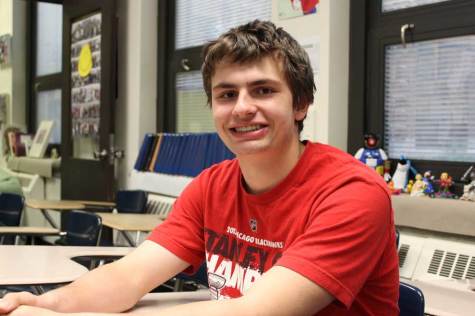
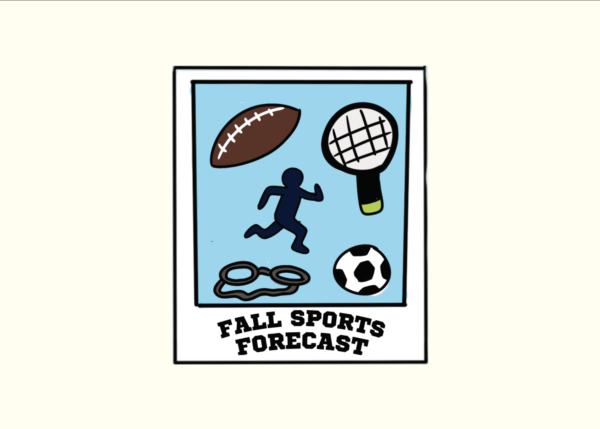
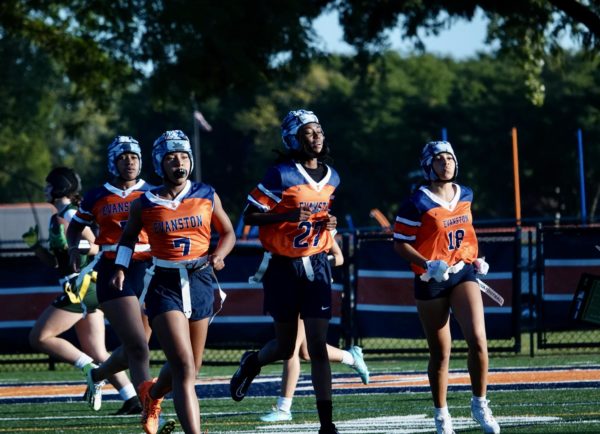

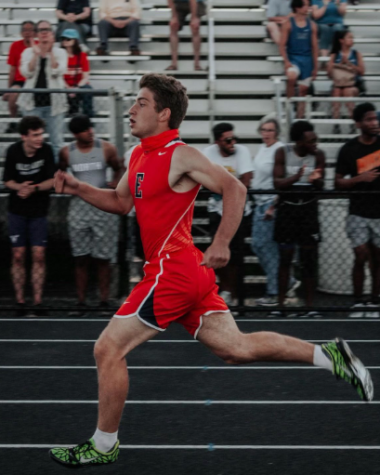
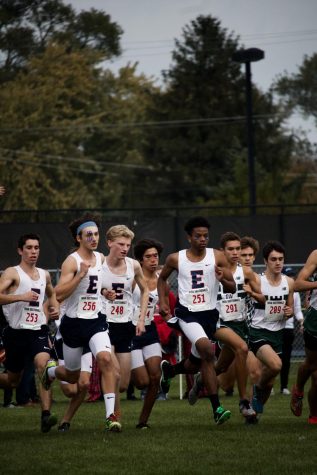
Dave Bogenschutz, Track and Field Coach, Team GLASA • Sep 26, 2015 at 9:43 am
In addition to Aaron there are no fewer than 8 high school athletes in the northern Illinois area that are competing with their respective high school teams in Track and Field, Swimming, and Cross-Country. All of these athletes currently do not receive points for their team in competition but all are athletes that have competed in both national and international competitions. Many have attended national US Paralympic training camp and all are listed in the top 75% of all athletes in their classification on the US Paralympic database. Most will be candidates for the Paralympic Games in Toyko, 2020.
The inconsistency in the IHSA and in most State High School Associations remains a puzzle to those of us that see unlimited potential in out athletes. Athletes like Aaron should be provided equal opportunity with their able body peers.